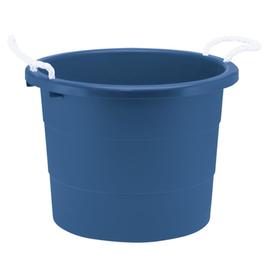All my IPAs seem to lack a real "bite" to them. Sure, they have bitterness (sometimes too much), and they have hop flavor, but not that crisp, clean bite that I get from a good commercial IPA. I have tried adding gypsum, but anything over 4g of it gives my beer a disgusting flavor. I have tried dry hopping, but that doesn't seem to help either. I order fresh ingredients from AHS, Northern Brewer, etc. and use them as soon as they arrive. I have tried all grain and partial mash, to no avail. Any advice?
Also, I'll post my last brew -- it's pretty representative of most of my IPAs (though I usually use S-05 instead):
Steep:
1 lb. light carastan (crystal 15L)
Boil:
65 min - 4 g gypsum
60 min - 5.5 lb. Gold LME
60 min - 2 oz. Magnum (12.3% AA)
30 min - 1 oz. Centennial (9.4% AA)
10 min - 1 oz. Centennial
1 min - 1 oz. Centennial
Flame Out - 5.5 lb. Gold LME
Dry Hop - 2 oz. Centennial
Fermentation:
WLP007 - 10 days @ 68 *F
Also, I'll post my last brew -- it's pretty representative of most of my IPAs (though I usually use S-05 instead):
Steep:
1 lb. light carastan (crystal 15L)
Boil:
65 min - 4 g gypsum
60 min - 5.5 lb. Gold LME
60 min - 2 oz. Magnum (12.3% AA)
30 min - 1 oz. Centennial (9.4% AA)
10 min - 1 oz. Centennial
1 min - 1 oz. Centennial
Flame Out - 5.5 lb. Gold LME
Dry Hop - 2 oz. Centennial
Fermentation:
WLP007 - 10 days @ 68 *F



